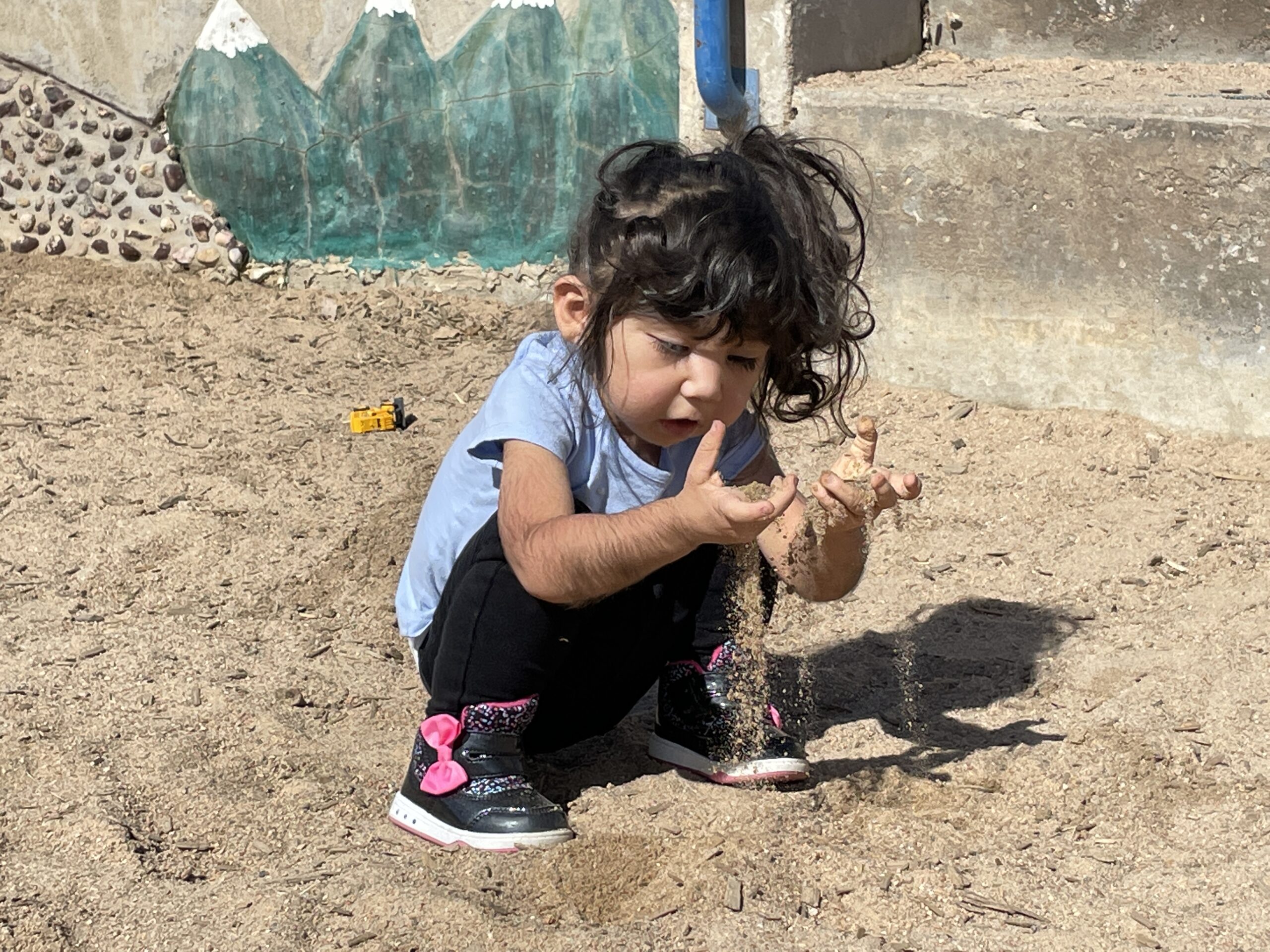Potty training is a step toward independence for children. However, parents and caregivers have other things to consider like added responsibilities, increased social pressure, frequent bathroom trips, regular clothing changes, cleaning up accidents, extra emotional support needs, and more laundry. It can be exhausting. Add to that potty training a child that has special needs and the apprehension can be overwhelming. Even so, parents want to help them reach the next step in their development so that they can experience the same sense of accomplishment that typical-needs children experience when they learn to use the bathroom independently. This can make an enormous difference in self-esteem and give parents and caregiver’s reassurance that their efforts are worthwhile.
Knowing when and how to start this task is an enormous challenge. Many parents start by asking for guidance, instruction, and encouragement from their pediatrician, other trained professionals, or support groups. Parents of special-needs kiddos should be aware that toilet training may happen later than it would for typically developing kids, but some of the signs that your child may be ready are the same. Rather than starting based on age, the American Academy of Pediatrics suggests starting by determining whether your kiddo is ready.
Signs of readiness are the same for kiddos with special needs as for all children:
- Is your child aware of the difference between being wet and being dry?
- Can they stay dry for at least two hours at a time?
- Can the child sense when they need to urinate or have a bowel movement?
- Is the child capable of reaching the toilet or potty in time (perhaps with your help)
- Can he undress and dress himself or is he ready to learn?
- Is he motivated at some level to take this next step?
If you have a child that shows resistance to the challenge of going to the potty, you may need to take more time to help them be emotionally ready for the potty-training process. You can reach out to your child’s pediatrician for support. Inviting a medical professional into your potty-training process not only helps the child but it can help parents to be emotionally prepared for the journey. Emotional fortitude and patience are essential for all parents when potty training their child, but especially when helping a child with special needs. As expected, this process may start later than it does for children without physical and developmental complexities and may last longer. Some children with special needs may need a lifetime of toileting support, so having the support of trained professionals could help parents and caregivers throughout the process.

